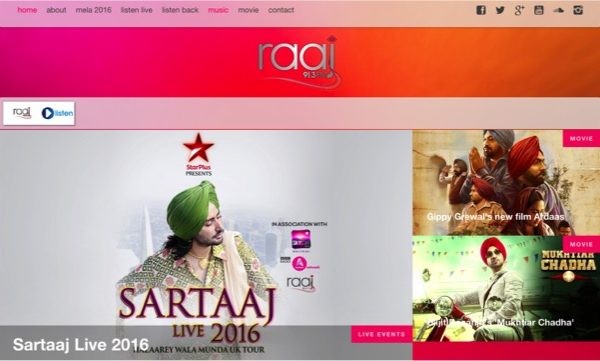
Examining the impact of social media on advertising streams in community radio stations: Kickstarting Media Symposium

I recently began exploring ways in which universities and community radio stations can partner to develop creative solutions to issues of sustainability with my colleague Siobhan. This discussion is important because community radio academics and practitioners have long been questioning the future viability of this sector, as current regulatory restrictions on advertising and sponsorship in the UK places it in a precarious position (see Community Radio (Amendment) Order 2010). Discussions around the financial sustainability of the community radio sector outline a growing concern amongst stations, which unless new ways of generating income can be found which enable them to continue to deliver radio with social value, they will no longer be able to carry on their work in communities.

Community radio has become an important sector in the UK’s radio landscape since its inception in 2001. It has been described as providing social value (Stoller, 2010) to communities by offering them more choice of local content, relevant to their communities, but also as a vehicle for democratisation (Carroll & Hackett, 2009) through media literacy training, which enables marginalised groups to have a voice (Unesco, 2015).
It is equally important for us to explore the type of funding shifts or contemporary business models at some of the community radio stations within a British context. We saw the Kick-Starting Media: Cultures of Funding in Contemporary Media Industries event as a useful starting point for this particular discussion because this symposium considered funding cultures in and across the media industry.
Recent studies on the cultures of funding in contemporary media industries have cited new media technologies as a major game-changer. In searching for examples of new models of financing particularly within the community media sector, reference is frequently made to the crowdfunding discourse. You can check out the work of my colleague Jon Hickman if you would like to read more about crowdfunding
Findings from our initial research suggest that some community radio stations are adopting online advertising practices through social media platforms to address some of these issues of sustainability. Commercial companies such as Simplycast (2015) claim the potential benefits of radio advertising via social media include closer listener engagement, the ability to develop networks and partnerships with local businesses and opportunities to share content which reaches a wider pool of listeners.
To explore this topic further, Siobhan and I examined the Raaj Fm community radio station.


As a part of our interim findings, we observed a shift in the culture of advertising at this station, as they incorporate new technologically driven forms of advertising. For example, the data we collected shows that Twitter, Youtube, and Facebook platforms were used to expose Asian content to a transnational audience, to generate sales lead, to promote events and for branding purposes. Overall, our preliminary findings show that:
- Social media advertising revenue provides an alternative income stream for community radio stations
- Social media is enabling community radio stations to attract local, national and international partnerships
- Community radio stations are using social media to access and develop new audiences which are contributing to local, national and international community development both socially and economically
Once we complete this study, we hope to make connections to the type of impact social media advertising have made to the funding models of community radio stations such as Raaj Fm.
You can take a look at my blog to see more about my PhD journey.
